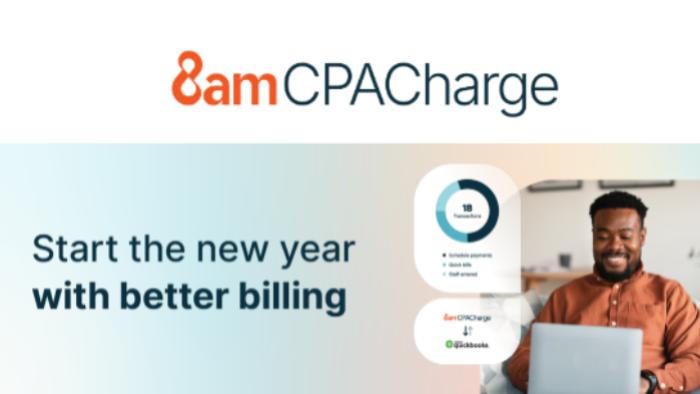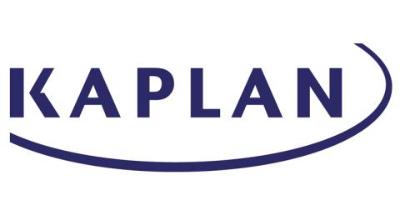Should You Form a Nonprofit Corporation?

Recently, we shared a blog post that took a closer look at forming a benefit corporation and the process to become a Certified B Corporation.
The difference between the two B Corps, while similar in name, is that a benefit corporation is a legally recognized corporate entity. The business expresses in their articles of incorporation that they are committing to a general public benefit purpose. A Certified B Corporation, on the other hand, is a voluntary process. It helps audit the business and determine if the company can commit to people, profit, and planet. If a business can prove its active commitment to a triple bottom line, it may continue to obtain Certified B Corporation designation.
These are two examples of entities and designations that commit to operating business with purpose. However, there is another entity formation that allows your business to benefit the general public. If you’re interested in operating business with a charitable purpose, you may decide to form a nonprofit corporation.
What’s a Nonprofit Corporation?
It’s easy to define a nonprofit corporation. A nonprofit corporation is a business formed with the purpose of furthering a particular social cause. Some intentions entrepreneurs may set to form a nonprofit corporation may include the following.
- Starting a business with a charitable purpose. The nonprofit may help advocate for a specific point of view and conduct charitable work.
- Aiding in disease prevention.
- Addressing social issues.
- Advancing environmental goals.
Nonprofit corporations are a variation of a traditional C Corporation formed to provide public benefit. Rather than earn a profit and distribute the income to its shareholders, a nonprofit corporation will reinvest its revenue to achieve its objective. A nonprofit corporation may also attain federal tax exemption, which we will detail more about momentarily.
It’s important to be comfortable from the beginning in knowing that the nonprofit corporation may not earn a massive profit. However, the nonprofit corporation will be able to pursue a social mission and may establish a fundraising plan to persuade other like-minded individuals to donate to the cause. The owners, and donors, not only believe in the nonprofit but feel confident they can work hard to achieve each goal they set for the organization.
Forming a Nonprofit Corporation
Once you decide that you would like to form a nonprofit corporation, it’s time to start the incorporation process.
This process shares some similarities to incorporating as other entity formations, like forming an LLC. A nonprofit corporation must choose and register its business name. It must obtain a federal tax ID to open a business bank account. Nonprofit corporations must also designate a registered agent and file its nonprofit articles of incorporation in the state it wishes to incorporate in.
Establish a Mission
Starting a nonprofit corporation means that you need to establish its mission. This is the charitable purpose of the business. A nonprofit corporation must create a required purpose clause and a dissolution of assets provision.
Earlier, I mentioned that a nonprofit corporation may file for tax exempt status. As you establish its mission, remember that the business should be organized for an exempt purpose. A nonprofit corporation may not, for example, engage in political activities or overcompensate its members.
Create Corporate Bylaws
Similar to forming a corporation, a nonprofit corporation must establish corporate bylaws.
Bylaws are a detailed set of rules agreed upon and adopted by the board of directors of the nonprofit. This document outlines the rules for the organization’s internal management structure. This includes rules and procedures for holding meetings and how officers and directors are elected into the nonprofit.
In the event you are unsure of how to draft corporate bylaws, you may work with a third-party filing services company like MyCorporation. We provide a customized minutes and bylaws package with internal documents created to fulfill your corporate formalities.
File for Tax Exempt Status
As mentioned above, a nonprofit corporation is not tax exempt simply because it establishes a mission that follows exempt guidelines. The organization must file to obtain tax exempt status from the IRS.
One popular type of exemption is 501(c)(3) status which may be filed using Form 1023. However, every nonprofit corporation is classified a bit differently. For example, some nonprofit corporations may use Form 1024 to file for tax exemption.
Not sure which classification applies to your nonprofit corporation. Speak with a trusted CPA. A CPA will be able to answer any questions you have and ensure your nonprofit corporation is filing for the proper classification of tax exemption.
Register for Charitable Solicitation
This term is also known as fundraising. It is advised that your organization checks in with the local Secretary of State to ensure they are applying for the proper documentation. For example, you may need a solicitation permit before it can begin organizing fundraising for the nonprofit.
Next Steps
Once your nonprofit corporation is set up, remember to keep it in good standing with its state of incorporation. File a statement of information with the Secretary of State by the appropriate deadline, hold annual meetings and take minutes, and file the annual registration renewal fee report in a timely manner.
Deborah Sweeney is the CEO of MyCorporation.com. MyCorporation is a leader in online legal filing services for entrepreneurs and businesses, providing start-up bundles that include corporation and LLC formation, registered agent, DBA, and trademark & copyright filing services. MyCorporation does all the work, making the business formation and maintenance quick and painless, so business owners can focus on what they do best. Follow her on Twitter @deborahsweeney and @mycorporation.
Share This Article
What's Trending?
Trending topics & tools for the CPA community
How Firms are Rethinking Reasonable Comp (Quick Video)
It’s a short video and makes the value of repeatable, data-backed approach clear (especially compared to spreadsheets, gut checks and one-off calculations).
Learn how 8am CPACharge delivers clarity and confidence for accounting firms.
8am™ CPACharge brings invoices, payments, and reconciliation together in a solution designed to make your day easier from start to finish.
Seniors on Social Security Could Face $460 Monthly Cut to Benefits
Jim Komoroski, RSSA®, is quoted in Newsweek, offering expert insight into the projected monthly cuts to Social Security benefits should Congress fail to act.
Resources
Valuable information provided by our sponsors.
Specialize in Social Security
Looking to enhance your retirement planning expertise? Your solution: pursue the Registered Social Security Analyst®...
CPAdirectory members have access to discounted auto and home insurance
At CPAdirectory, we think it's a good thing to provide our members with access to...
Free CPE Course: ChatGPT for Tax Pros — Limited Offer
CPAdirectory and CCH CPELink are giving you free access to the on-demand course: ChatGPT for...
PE Deals In Accounting: Valuations, Structure, Tradeoffs
In this webinar, you’ll hear from firm leaders and industry experts who will share real-world...
Stand Out as a Trusted Social Security Expert with the RSSA® Designation
Designed for CPAs, the Registered Social Security Analyst® (RSSA®) designation provides advanced training to help...
How Firms are Rethinking Reasonable Comp (Quick Video)
It’s a short video and makes the value of repeatable, data-backed approach clear (especially compared...












